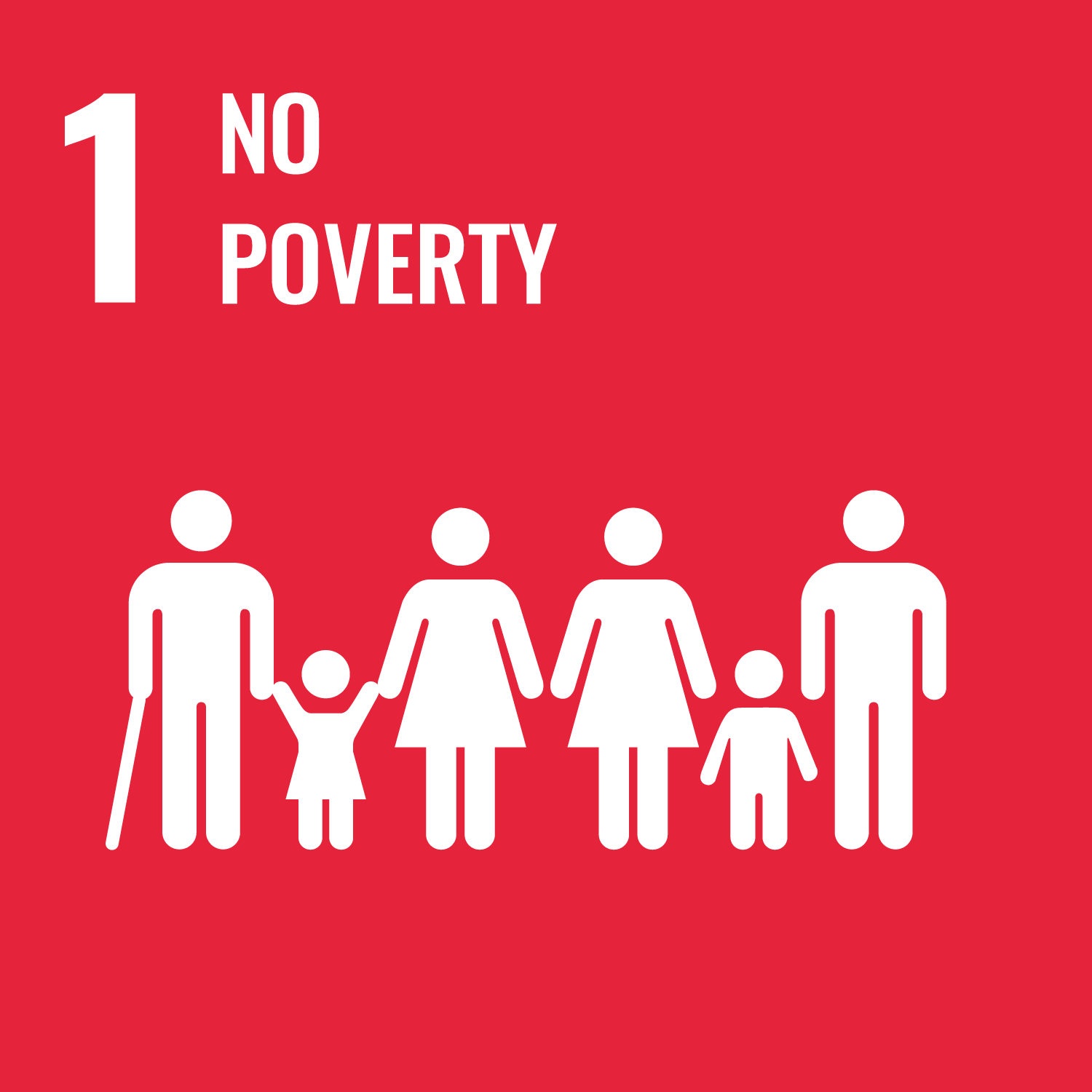SDG Detail
ENVMGT 744 : Resource Management
Postgraduate courseProject description
This course exposes students to different theories, principles and concepts that underpin approaches to sustainable resource management. The focus is on examining complex social-environmental problems to understand how decisions about resource management are made and by whom. Case studies from Aotearoa New Zealand and overseas are used to explore: the role of science and knowledge in influencing decisions about, and the management of resources; the challenges to accommodating different values and knowledge systems (including Indigenous values and knowledges); the influence of power relationships on participatory and collaborative approaches; and, the challenges posed by the interconnectedness of social and biophysical systems across multiple scales.
Project aims
?
Project outcome
By the end of this course, students will be able to: Identify how knowledge is produced and subsequently used to inform resource management. (Capability 1) Distinguish different resource management approaches and explain the strengths and weaknesses of each. (Capability 1) Evaluate existing academic research and distinguish relevant information to support an argument. (Capability 2) Apply academic theories and concepts to analyse 'real world' examples (Capability 2) Write critically and analytically (Capability 4) Propose ways to enable inclusivity in resource management and decision-making processes. (Capability 3) Analyse complex problems and prioritise recommendations based on social, economic, political, environmental and cultural considerations. (Capability 3) Describe how Maori worldviews and knowledge (matauranga) could contribute to enacting sustainable futures in Aotearoa New Zealand. (Capability 6)
Related SDGs
The corresponding sustainable development goals correlated with this project. You you click the icon to link to SDG category description page.









